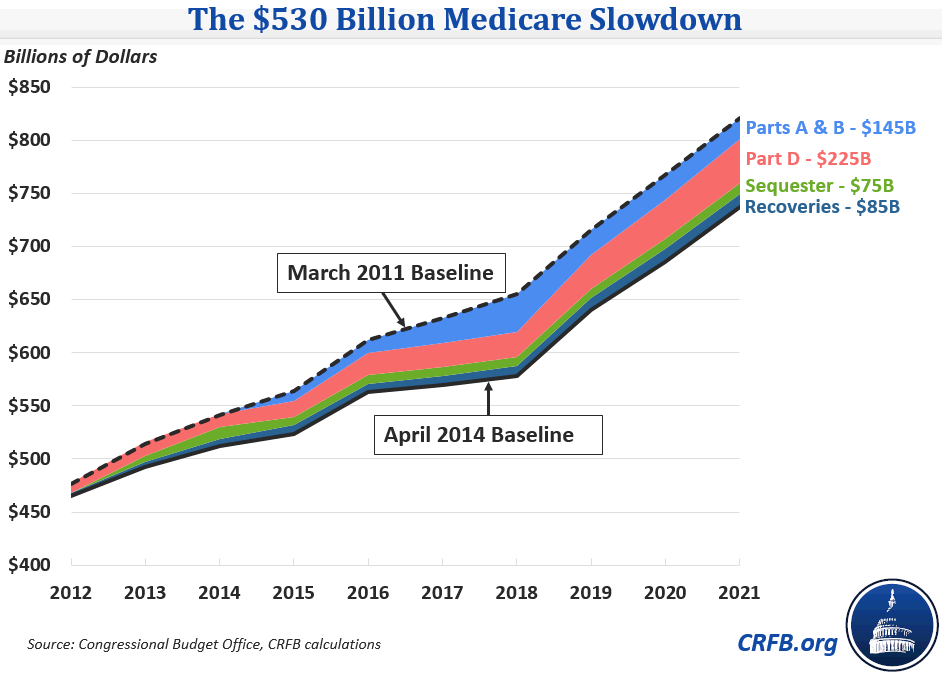Medicare Advantage Plans Become Entrenched
 The Centers for Medicare & Medicaid Services (CMS) has announced that payments to Medicare Advantage plans will increase by 1.25 percent next year. Less than a month ago, the plan was to cut payments by 0.95 percent.
The Centers for Medicare & Medicaid Services (CMS) has announced that payments to Medicare Advantage plans will increase by 1.25 percent next year. Less than a month ago, the plan was to cut payments by 0.95 percent.
Medicare Advantage plans are comprehensive plans that seniors can chose instead of the traditional Medicare Fee-For-Service (FFS) model.Because they are offered by private insurers, Obamacare was supposed to crush Medicare Advantage.
However, this is the third year the Administration has flinched from cuts that would deny people access to these plans. More seniors are in Medicare Advantage today than when Obamacare was passed.
We think Medicare Advantage plans are a good thing, and a foundation for further Medicare reform. So, this development is good news. Further, there appears to be bipartisan agreement that Medicare Advantage is a good thing:
Democrats were wary of a program launched by Bush that they saw as a giveaway to insurance companies.
But as time has passed, support has grown in both parties for the program.
“The worst fears were not materialized,” said Rep. Gerry Connolly (D-Va.), who signed the letter this year against the cuts. “It’s growing in popularity among our constituents and it provides an option.” (Peter Sullivan, The Hill)


